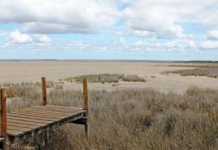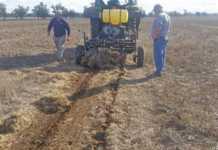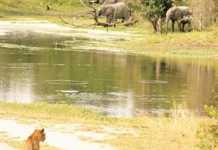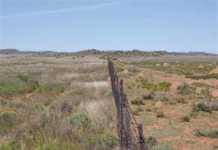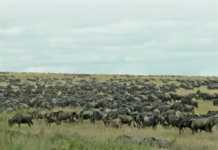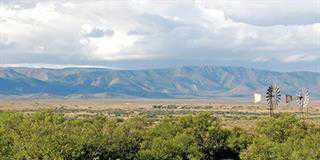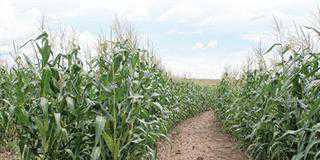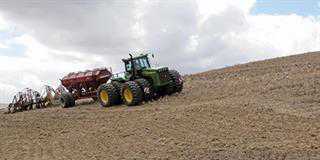The CFR, which covers 90 000km², is situated predominantly in the Western Cape, but also in parts of the Eastern Cape, as far as Port Elizabeth.
Industry statistics indicate that, for both the local and export markets, harvesting currently takes place over an area of about 200 000ha in the Western and Eastern Cape regions of the CFR.
To manage the industry sustainably, the Flower Valley Conservation Trust launched a sustainable fynbos-harvesting programme in 2003 in partnership with farmers, government and conservation organisations.
The Sustainable Harvesting Programme operates on 60 000ha of the 270 000ha Agulhas Plain. This includes private and state-owned land between Hermanus and the De Hoop Nature Reserve in the Western Cape.
“The programme shows that it’s certainly possible to sustainably harvest fynbos in a commercially viable way,” says Flower Valley’s conservation director, Roger Bailey, who has been with the programme from its outset. “At the same time, it creates businesses and jobs for people living in the surrounding rural communities.”
Bailey explains that the aim is to expand the project across the entire CFR where harvesting in the wild occurs. The WWF Nedbank Green Trust and the EU are co-funding the roll-out in three other fynbos-harvesting areas in the Boland, West Coast region and around Riversdale.
“The programme is voluntary and is all about promoting the green economy, and increasing the number of biodiversity stewards on private land,” says Bailey.
Get involved
To join, a farmer, landowner or fynbos harvester need simply get in touch with the Flower Valley Conservation Trust. If your farm falls within a project area, extension staff will visit you and carry out an initial field assessment to better understand your needs.
Because the programme is voluntary, the interested party would sign a statement of commitment to work towards best-practice environmental principles, and social and labour best practice principles (as set out in the Flower Valley Code of Best Practice for Wild Harvesters).
This commitment is something that markets are increasingly asking of their suppliers. An improvement plan is also provided to landowners and harvesters to assist and offer support as they start the journey towards best practice principles and sustainability.
Founded in 1999 with funding from the UK-based Fauna and Flora International (which remains an active partner today), the Flower Valley Conservation Trust is an NGO based at Flower Valley Farm outside Gansbaai.
For more information about the trust and the Sustainable Harvesting Programme, visit www.flowervalley.org.za, or email [email protected].
Read more about preserving wild fynbos for a green economy in the 26 September 2014 issue of Farmer’s Weekly.

